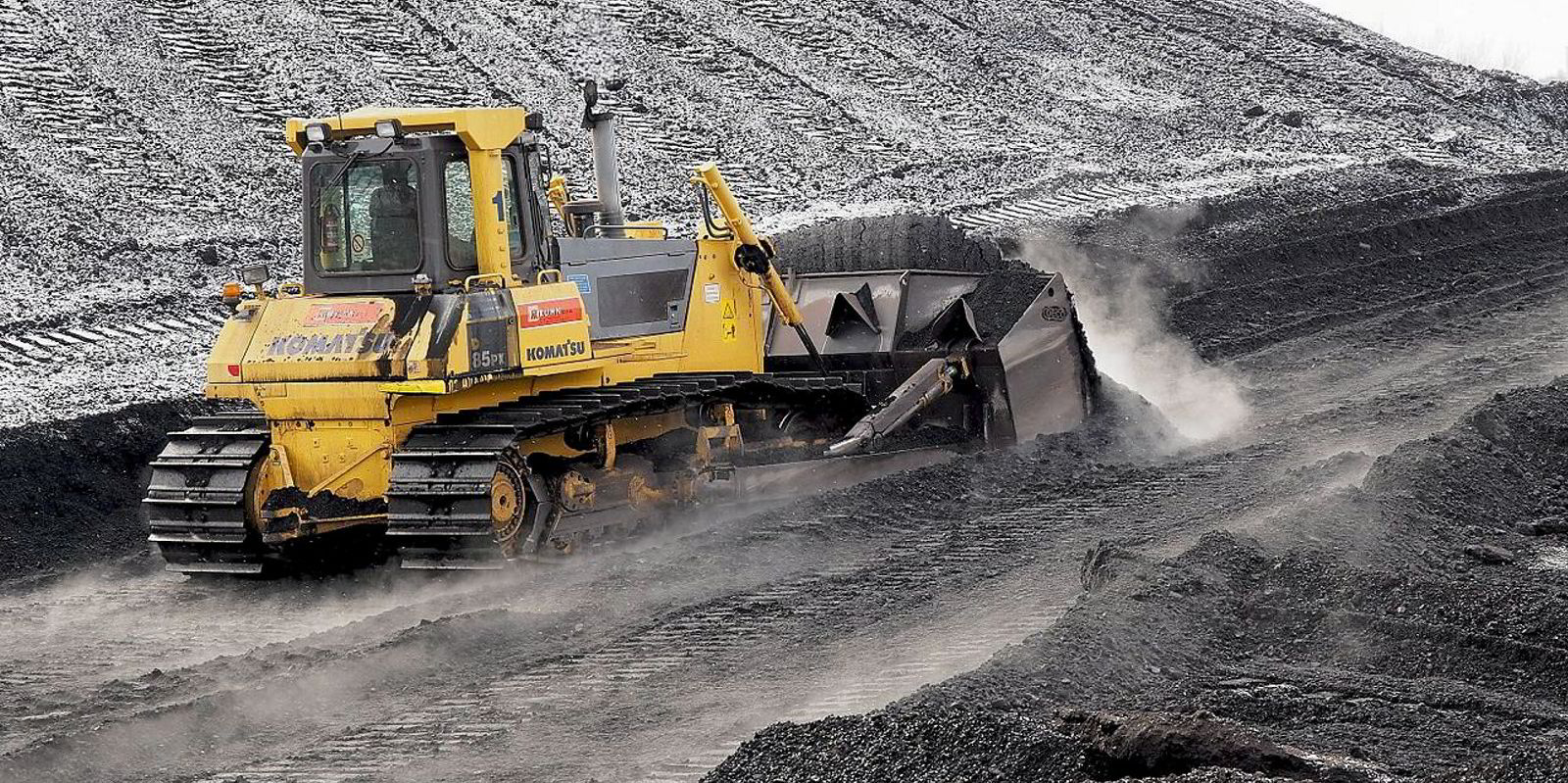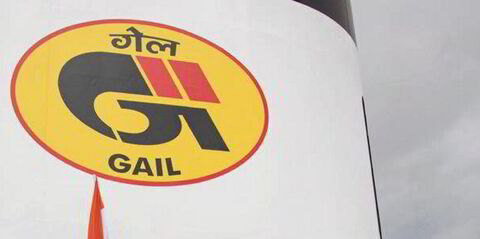Growing appetite for recycled steel is likely to make investing in bulk carriers increasingly less risky if demand for the commodity continues to rise over the long term, according to new analysis.
That is according to a new research report commissioned by the Baltic Exchange and authored by Urs Dur, founder of consultancy Zuoz Industrial and former CFO of bulker operator Norvic Shipping.
Scrap steel prices are already at elevated levels. At around $520/ldt currently in major markets, recycling values for bulkers are more than double the historic average since 2009, according to the report. This is despite prices having fallen by over 20% since the peak in April last year.
“Should the current multi-year higher cycle value turn out to be a fundamental risk trend supported by some of the evolving demand factors, the fundamental risk of investing in middle-aged dry bulk tonnage, particularly in softer freight markets, will have decreased,” report author Dur said.
New emissions policies, green-transition technologies and clean-air initiatives in countries like China are expected to add to demand for recycled steel, which has a lower carbon footprint in comparison with virgin steel.
It is estimated that around 109m tonnes of steel will be used annually by 2050, almost triple the 2022 level, according to research by Bloomberg New Energy Finance (BNEF), cited by Zuoz.
The consultancy says that recycled steel will have a “fundamental” role to play in meeting this colossal demand going forward.
Chinese demand for scrap rose by over 40% during the first half of 2021, the report said. Global demand growth last year was around 8%.
Recycling one tonne of scrap steel save 1.5 tonnes of CO2, 1.4 tonnes of iron ore and 740kg of coal, the report said, quoting the World Steel Association.
If demand for recycled steel continues to rise, Zuoz foresees possible knock-on effects on ship management and finance.
“Companies may look to adjust their depreciation accounting policies to a higher recycle value (supporting net income and equity, though a non-cash item),” the report stated.
“Far less likely, at least in the near term, banks may also consider slower amortization based on higher recycle values. The recent two-year trend in higher recycled values needs to be sustained for quite sometime further, in our view, before any changes happen.”
All this being said, recycled steel is unlikely to be a silver bullet for bulker values — the Zuoz report underlines the highly cyclical nature of the dry bulk sector and “substantial volatility throughout the cycles”.
“However, with recycled steel being the greenest option for steel production today, it is worth considering that recycle values may stay elevated when viewed through the prism of global “net-zero” goals and Chinese clean air targets,” it argued.




